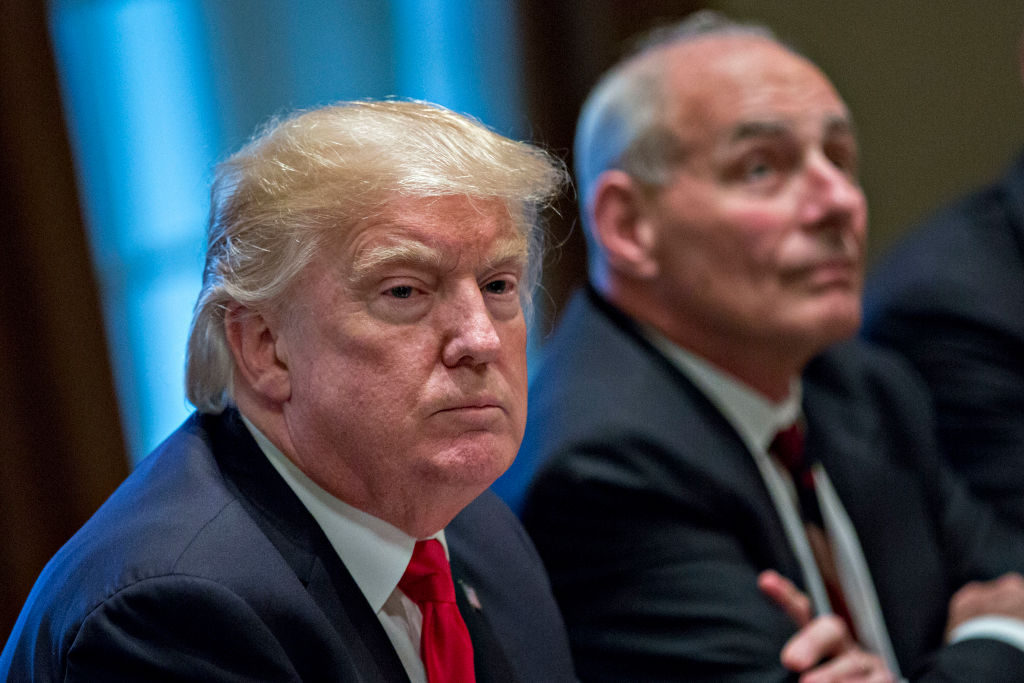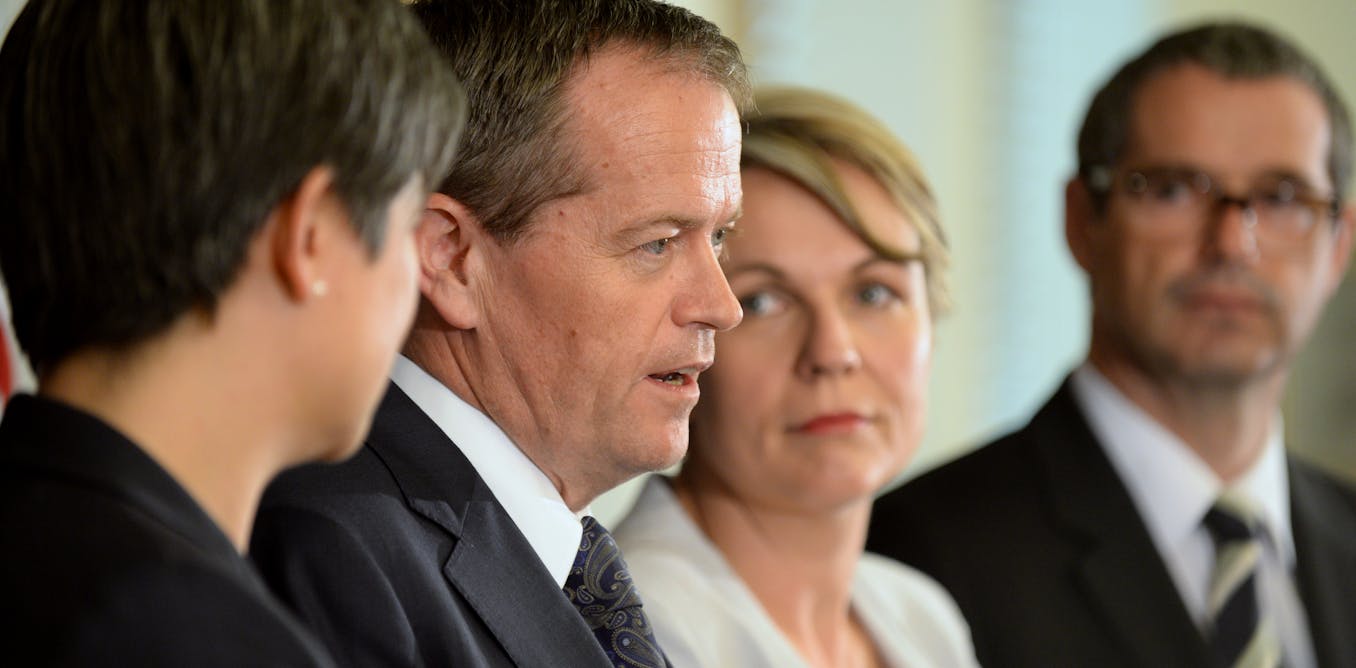
- Select a language for the TTS:
- UK English Female
- UK English Male
- US English Female
- US English Male
- Australian Female
- Australian Male
- Language selected: (auto detect) - EN
Play all audios:
On Thursday night, the Trump administration formally decided to end cost-sharing subsidies that the Health and Human Services Department has been paying insurers to lower premiums for
millions of lower-income customers purchasing insurance through the Affordable Care Act exchanges. House Speaker Paul Ryan (R-Wis.) praised the move as an affirmation that "the power of
the purse belongs to Congress, not the executive branch" — House Republicans had sued to stop the payments, and the White House had been appealing a court ruling agreeing the subsidies
were illegal. Other lawmakers from both parties, aides to President Trump, HHS officials, and medical and insurance groups had urged Trump to continue authorizing the subsidies, so as not
to sabotage the health-insurance markets and cause premiums to soar. In August, the Congressional Budget Office reached that same conclusion. In order for customers to qualify for
cost-sharing reductions (CSRs), they have to sign up for "silver" plans, and the CBO projected that "gross premiums (that is, before premium tax credits are accounted for) for
silver plans offered through the marketplaces would, on average, rise by about 20 percent in 2018 relative to the amount in CBO's March 2016 baseline and rise slightly more in later
years." The number of uninsured would rise by about 1 million in 2018, though it would drop again as people purchased lower-cost plans, and because customers would be shielded from the
premium hikes by larger federal subsidies, the federal deficit would rise by $194 billion over the next 10 years. SUBSCRIBE TO THE WEEK Escape your echo chamber. Get the facts behind the
news, plus analysis from multiple perspectives. SUBSCRIBE & SAVE SIGN UP FOR THE WEEK'S FREE NEWSLETTERS From our morning news briefing to a weekly Good News Newsletter, get the
best of The Week delivered directly to your inbox. From our morning news briefing to a weekly Good News Newsletter, get the best of The Week delivered directly to your inbox. Earlier
Thursday, Trump signed an executive order aimed at expanding lower-cost, sparser-coverage insurance options, and "until the White House's announcement late Thursday, the executive
order represented Trump's biggest step to date to reverse the health-care policies of the Obama administration," _The Washington Post_ says. You can read the entire CBO analysis
here. Explore More Speed Reads



:max_bytes(150000):strip_icc():focal(979x545:981x547)/pete-townshend-1-243affb3445c42819e65551737421d7a.jpg)


